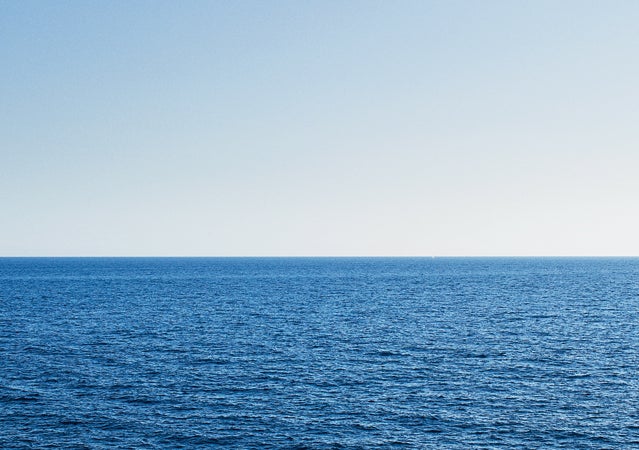Greening our lives is a good start, but we need to blue them, too. New research suggests that water may be a key element in the natural world for psychological well-being. When researchers in Exeter, England, showed a group of adults a series of 120 photos of urban and natural scenes both with water (rivers, lakes, oceans) and without, the subjects greatly preferred the images with water, even if those scenes also showed buildings and streets. In fact, they liked cityscapes depicting water as much as they did majestic but more arid natural scenes, including forests and mountains. There seems to be some intangible tug to water, says Mathew White, a lecturer at the , who led the study. “People report better moods when taking a walk near the coast than in many nature areas,” he says.
Those living near the ocean also tend to be healthier than those living inland, a separate 2012 study by White and his colleagues found. Using British census data, they established that “good health is more prevalent the closer one lives to the coast.” Similarly, a 2010 review of the mental-health benefits of being outside concluded that any exposure to natural space improves mood but that proximity to water significantly magnifies the effect. The more blue you incorporate into your life, the less blue you may feel.
DO: Hike trails near rivers, oceans, or lakes instead of those lacking aquatic views, suggests White. The benefit is slight—a “1.5 percent added difference in health” at best, he says—but it’s also relatively effortless.
�ٰ���’T: Just look—listen. In a 2010 study, volunteers who were played recordings of a fountain and birdsong after a two-minute math test recovered more quickly from the stress than those who heard only background noise.

